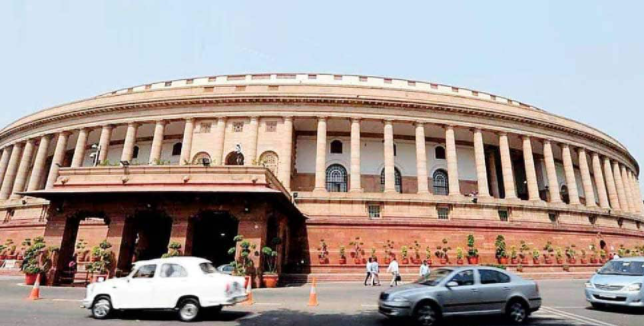What is Sedition Law
Sedition, a colonial-era law, often used to implicate citizens who are exercising democratic rights of dissent. Dissent is, indeed, not sedition. Sedition should have no space in the Constitution. Therefore it should be changed.
Former Jammu and Kashmir (J&K) chief minister and one of the country’s senior-most leaders, Farooq Abdullah, was charged for his comments opposing the Centre’s changes in the erstwhile state. A two-judge Supreme Court (SC) bench on Wednesday said that dissent cannot be considered sedition and therefore cannot be taken into. The bench said that “the expression of a view which is a dissent from a decision taken by the Central government itself cannot be said to be seditious”. This is an important judicial intervention and merits unequivocal support. Similarly, Delhi court, while granting bail to activist Disha Ravi, who too was charged with sedition, had the opinion that offence of sedition could not be invoked only because someone could not agree to a minister or the ruling government.
It is true that any State must carefully defend its sovereignty, territorial integrity, and security interests. But this cannot be the basis to undermine the equally cherished constitutional tenets of freedom and the political structure of democracy and deny citizens their fundamental rights. Unfortunately, the executive has shown an increasing tendency to use the framework of sedition in recent years.
To buy our online courses Click Here
Recently it is found sedition to be used as a tool to control a person who becomes vocal about governments acts not acceptable to him. The ministry of home affairs informed the Rajya Sabha that out of the 96 people arrested for sedition in 2019, only two were convicted. There was a 25% increase in sedition cases in 2019, which resulted in a spike in arrests, but the abysmal conviction record suggests that the cases are often not grounded in adequate evidence.
The apex court maintained that “dissent” is a form of free speech and expression, and that these rights are protected under the Constitution — comments that come at a time when governments and law enforcement agencies around the country have been quick to slap sedition charges against critics.
In fact, the constituent Assembly itself explicitly discussed, and rejected the idea of including sedition as a part of restrictions to free speech. But it stayed as a part of the Indian Penal Code (Section 124A), which a Constitution bench of the SC upheld in 1962, while also defining the scope of sedition. As India approaches the 75th year of its Independence, it is time to rethink the sedition law, which continues to be a reminder of colonialism and is, way too often, used to curtail the rights of free Indian citizens.
Read More: GDP growth is being driven by larger firms
5th March 2021 | UPSC GS Paper-II | Editorial |Indian Polity| In this article “the Sedition Law has been explained and how it is unsuitable for the society”.
published in Hindustan Times on 05/03/2021.




